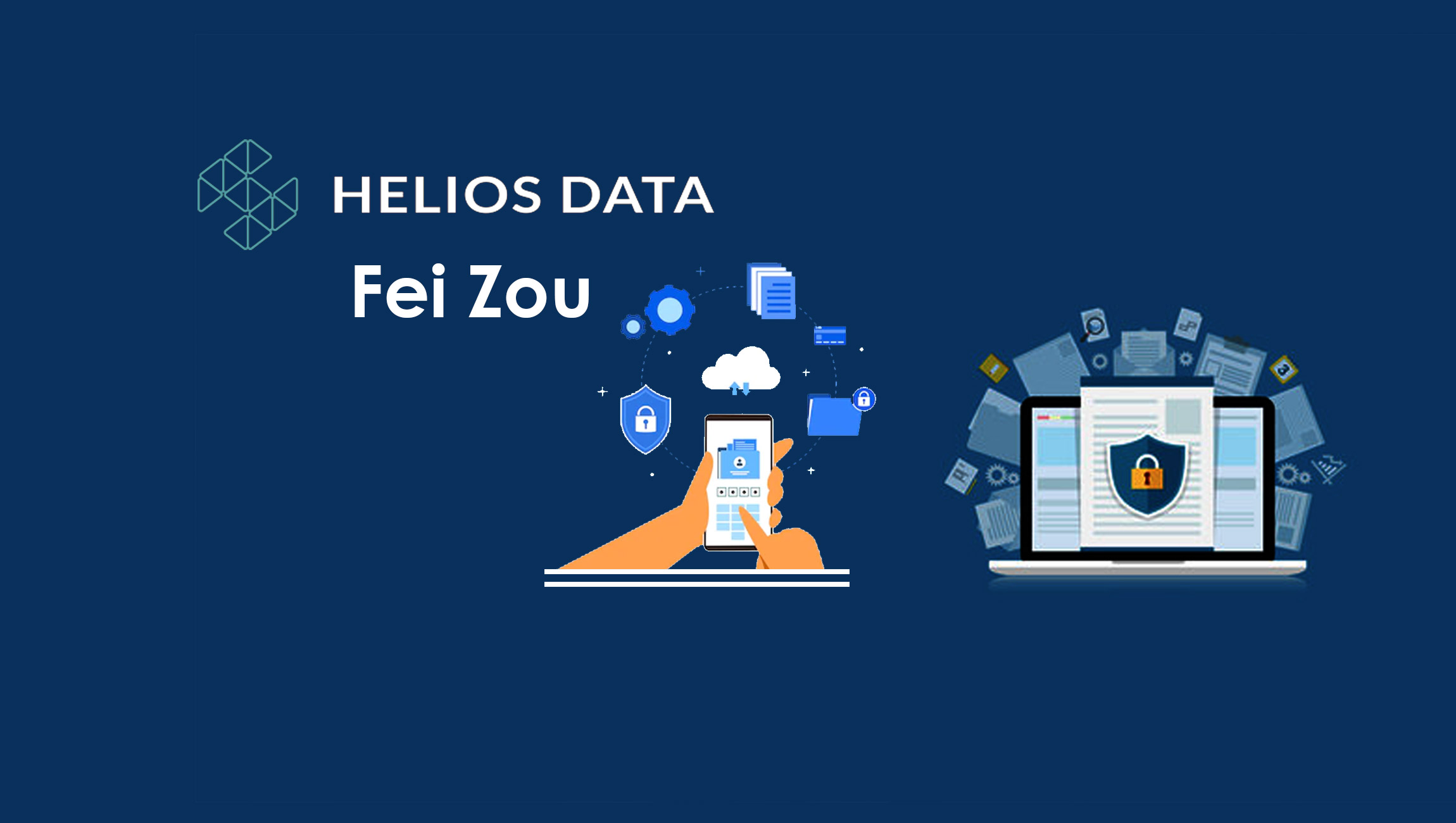Data privacy is a squishy thing. It varies widely depending on whether you’re in the EU, Brazil, the U.S., or even state to state. That’s because privacy is a legal construct. Yes, you need to understand the laws and the processes to be sure you’re protecting your stored data, and tools like encryption is essential. But one state’s privacy law is another country’s courtesy call.
Data protection, on the other hand, is empirical. You either know where your data is and how it’s being used, or you don’t. And I would argue data protection is more fundamental than privacy. You might have all the legal privacy controls in place that are required by law, and yet still be exposed. And that’s a real problem.
Marketing Technology News: Helios Data Taps Andy Hepburn as Strategic Market Director, Advertising
The biggest gotcha is data use.
Do you know what data is being used when, how and by whom? Are you sure? Maybe you’ve done a great job protecting your stored data. You’ve got great encryption. Have a state-of-the-art security team and everything on your network is patched and up to date. But you’re still exposed if you let somebody take your data (even if you knew who they were) and they misuse it. If you collect the data, you’re liable, no matter what. And that can make for some really gnarly consequences.
Which is why savvy companies aren’t just focused on privacy and things like how data is stored. They’re also laser-focused on how their first-party data is being used. Too often companies spend all their resources on the data privacy piece, and then misplace their trust who’s using the data, whether they’re bad actors or good people who just don’t have a clue or haven’t secured their own systems properly.
How do you know that somebody’s computer program, algorithm or analytic routine is safe? Zero Trust technologies validate everything with perfect confidence. They look for a fingerprint in the code before anything is allowed to happen. Any data security you are using for your marketing efforts should have Zero Trust authentication backing you up.
You also need enforcement.
Companies nowadays, especially big companies, have myriad service providers working with their data internally. It’s not even a matter of sharing with external companies on a partnership. It’s a company that has been hired to do a job like financial analysis, security, IT analysis or marketing. And these companies themselves hire other companies to do parts of the jobs and so on and so on. You end up with a very complicated situation.
At a big multinational company for example, it’s likely that the guy who is touching the data is a subcontractor of a subcontractor of a subcontractor. You can’t really ensure, despite your best intentions, that everything that’s happening to your data is by the book (much less legal).
Secure data sharing services not only eliminate the risk of sharing data, the technology also enforces the exact terms of the data-sharing agreement between all parties, in real time. (Full disclosure: Helios Data’s Secure Data Sharing platform does all these things, which is why we know what we’re talking about, but there are other options as well.) Rules-based oversight gives you full confidence that only the data you allow will be used, even for informal analysis, and only in the ways you allow it. It’s an extra step for the data analysts, but it brings more discipline and accountability to the process — and lets you know exactly what’s happening at all times and even enforces in real-time that the wrong thing won’t happen.
Suddenly companies can easily and safely extract more and more insights useful for a wider range of digital transformation projects that drive profitable growth—without ever worrying about privacy and without ever getting into a mountain of legal trouble.
The best part? When your data protection is airtight, your privacy procedures are too. It’s a no brainer.
Marketing Technology News: MarTech Interview with Marc Ginsberg, CEO at CallRail











